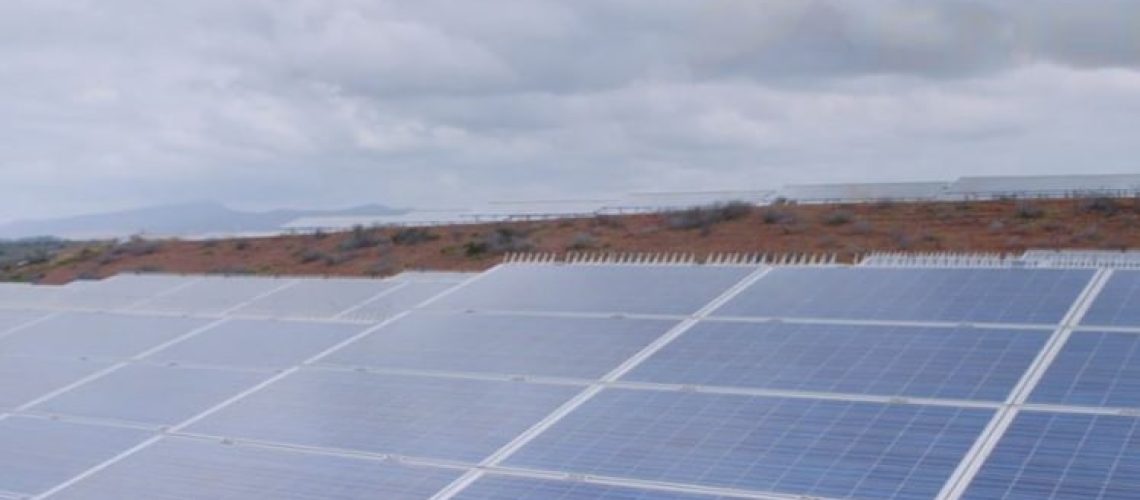Awarded by California’s Long Duration Energy Storage program, the grant will enable International Electric Power to install six megawatts of storage at one of the country’s busiest installations.
Zinc-ion batteries just got a big boost.
A $42 million battery storage grant is headed to San Diego’s Camp Pendleton, one of the country’s busiest military installations. When built, the project will provide the Marine Corps base with up to two weeks of backup power in the event of outages and supplement California’s statewide grid.
Independent power producer International Electric Power (IEP) will construct the project, which is set to come online in summer 2027. The 6 MW installation will provide 48 MWh of long-duration energy storage (LDES), though plans are in the works to expand the project to a 50 MW system.
The grant funding was awarded by the California Energy Commission (CEC). The cash comes from the state’s LDES Program, which aims to diversify its storage portfolio by backing non-lithium-ion technologies that can store at least eight hours of energy. IEP will use zinc hybrid cathode aqueous batteries, which use the naturally abundant, cheap zinc as the active material rather than the rarer, more expensive lithium.
Zinc-ion batteries use water-based electrolytes that eliminate the risk of thermal runaway and the associated safety concerns. But, compared to lithium batteries, they have a higher risk of short-circuiting.
“While lithium-ion batteries are – and will continue to be – an integral component of California’s progress toward its energy storage and overall clean energy commitments, non-lithium-ion batteries have lower levels of system degradation over time and longer lifetimes manufacturability with abundant materials,” the CEC told pv magazine USA, noting that zinc-ion batteries scale more economically than lithium-ion batteries at higher system capacities with longer discharge durations.
“The deployment of the zinc-aqueous battery system at the Marine Corps Base Camp Pendleton will enhance the base’s energy resilience in a safe and cost-effective manner.”
IEP’s project received the largest grant of the LDES program to date, with $170 million being awarded across seven projects; over $100 million in state funding are still in play.
As a part of the Federal Sustainability Plan that directs the U.S. Government to achieve net-zero emissions by 2050, Washington is quickly ramping up use of solar energy at military bases. In 2014, the military had installed 125.5 MW of solar; earlier this year, Duke Energy announced a new project that will provide 135 MW to five of the 400+ military installations across the country.
Camp Pendleton is the Marine Corps’ largest West Coast expeditionary training center and supports over 70,000 military and civilian personnel and their families. The new storage project will pair with the installation’s onsite solar panels and will be installed at the base’s Haybarn Energy Reliability Center.



